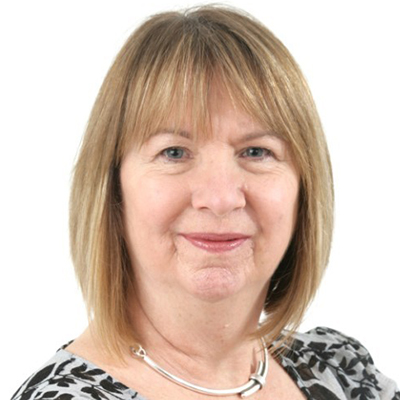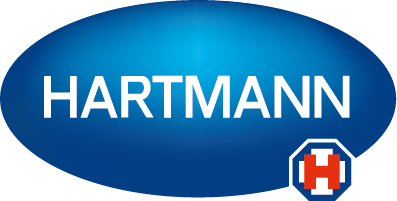Val Edward-Jones

Val is Emeritus Professor of Medical Microbiology at Manchester Metropolitan University, UK; Visiting Professor of the Institute of Skin Integrity and Infection Prevention, Huddersfield University, UK; Visiting Professor of the Medical University, Perm, Russia: Technical Director of Microsan Ltd, a company producing natural cleaning products using essential oils and an Independent Microbiology Consultant of Essential Microbiology Ltd.
With a forty five year career in Microbiology, Val has twenty years experience in the NHS in diagnostic microbiology and twenty one years as an academic researcher. Her research interests are wound infection, toxic shock syndrome, alternative treatment strategies, essential oils as antimicrobial agents and rapid diagnosis of infection using mass spectrometry.
Presentation at The Society of Tissue Viability 2025 Conference
Antimicrobial Stewardship – what is it and how do we apply it to wound care
Objectives
-
Understand the concept of Antimicrobial Stewardship and how it impacts on antimicrobial use in wound care.
-
Understand the importance of effective wound management in reducing antimicrobial usage.
-
Understand the dressing choices available for implementation of good AMS in Woundcare.
Abstract
The magnitude of antimicrobial resistance (AMR) is recognised globally and it is predicted that by 2050 there will be 10 million deaths a year due to AMR infection; currently there are 700,000 recorded deaths per year.
Antibiotics underpin modern medicine as we know it and if they continue to lose their effectiveness, surgeries routinely undertaken such as caesarean sections etc will have higher associated risk. New antibiotics are actively being sought and a number of initiatives, including antimicrobial stewardship (AMS) of current treatment and introduction of alternative treatment options are actively being supported.
Antimicrobial stewardship requires input from all parties involved in wound care and monitoring is essential to evaluate the impact. In the UK, following AMS principles, wound care treatment strategies have encouraged the reduction of antibiotics and after careful assessment of the wound, the promotion of topical antiseptics in cleansing agents, ointments and dressings or alternative dressings which help reduce bioburden through reduction. AMS needs to underpin every aspect of wound care so that resistance does not develop amongst topical antiseptics and that the correct treatment pathway is optimised for everyone.
Presentation at The SoTV/EWMA 2024 Conference, London
Alternative therapies in wound care
Learning objectives
After attending this session, persons will be able to:
- Understand the different alternative approaches to wound care
- Understand some novel methods of treating infection eg with viruses, essential oils
- Understand how new treatments, dressings and ointments can reduce bioburden in a wound
Abstract
Wound infection causes much distress for the patient and is very costly to resolve. In the wake of increasing antimicrobial resistance to conventional antibiotics, novel treatment strategies and compounds are needed to resolve wound infection or in some cases, chronic colonisation with biofilm formation.
A number of new treatment strategies have been introduced in recent years such as biofilm based wound care which includes rigorous cleaning and debridement with or without antiseptics. New dressings have been introduced which incorporate new materials such as chitosan, which itself has antimicrobial properties and works in a different way to conventional biocides.
In addition, novel treatment strategies have been exploited in all aspects of patients care including vaccine therapy, phage therapy, essential oil therapy and introduction of new and targeted antimicrobials including probiotics, lantibiotics and bactericins. These will be discussed and the possibilities in wound care explored.














